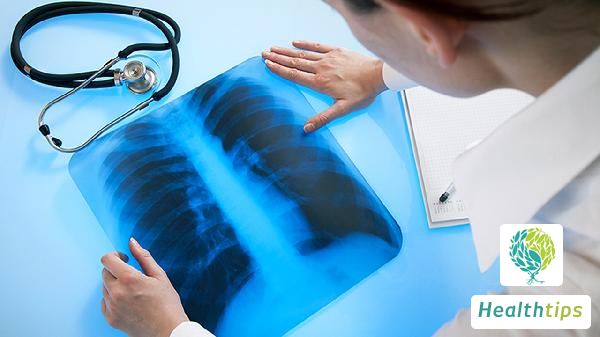When a patient experiences pulmonary edema during intravenous infusion, it can indeed cause tension and anxiety. However, there is no need for excessive worry, as there are several effective methods to help alleviate this symptom. Generally speaking, the condition can be improved through general treatment, oxygen therapy, and pharmacological treatment. If these methods fail to work, seeking medical attention promptly is the wisest choice.

1. General Treatment: When symptoms of pulmonary edema appear, the first step is to immediately stop the intravenous infusion. This is to reduce the accumulation of fluid in the body and lighten the burden on the heart. At the same time, the patient needs to get sufficient rest and avoid any form of excessive exertion, as this may exacerbate the condition. Imagine the heart as a pump; if overburdened, its efficiency will decrease.
2. Oxygen Therapy: In cases where symptoms are more severe, oxygen therapy is a good option. Oxygen inhalation through a mask can increase the oxygen concentration in the blood, thereby improving respiratory distress. This is like turning on the air conditioning in a hot summer room to make the air fresher and more comfortable.
3. Pharmacological Treatment: Pharmacological treatment is also an important aspect. Patients can use diuretics, such as Furosemide Tablets or Hydrochlorothiazide Tablets, under the guidance of a doctor. These medications can help the body excrete excess fluid, thereby alleviating discomfort. It is like a well-functioning drainage system in rainy weather that prevents road flooding.
If these methods fail to relieve symptoms and the patient experiences severe manifestations such as respiratory distress, they must immediately visit the hospital. At the hospital, doctors may perform an electrocardiogram and chest X-ray for more accurate diagnosis and treatment. When facing pulmonary edema caused by intravenous infusion, taking timely measures is crucial. Through the comprehensive application of general treatment, oxygen therapy, and medication, the patient's discomfort can be effectively alleviated. If the condition does not improve, professional treatment at the hospital will be the safest guarantee. Stay calm and act quickly to effectively respond to this sudden situation.

